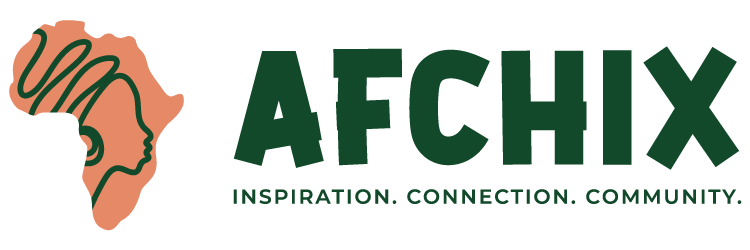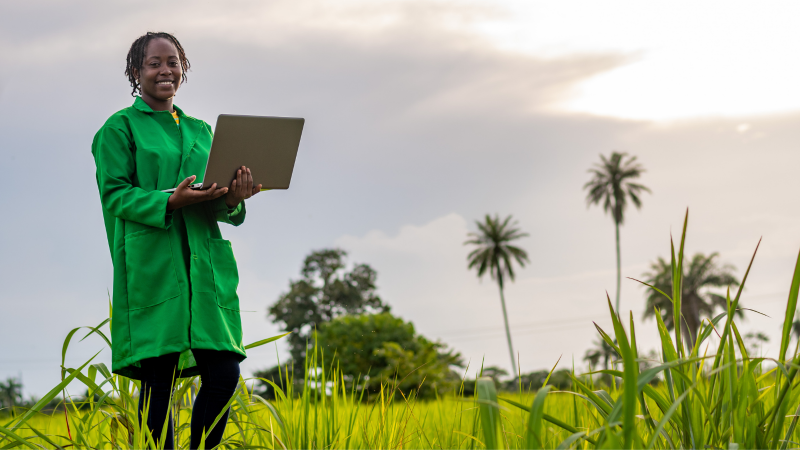Doreen Bogdan-Martin made history at the end of September this year when she became the first woman to lead the International Telecommunication Union’s (ITU) since the organisation was first established over 150 years ago.
Bogdan-Martin’s appointment is worth celebrating and has been lauded as an important milestone for gender inclusion in the global tech space. Over the past several years, the tech industry seems to have tried to put more effort into promoting and increasing diversity. But are these initiatives working? In many aspects, it seems the answer is no. No, things aren’t really getting any better.

Doreen Bogdan-Martin, Secretary General of the International Telecommunications Union (ITU).
Are there more girls in ICT?
According to UNESCO, women represent only 35% of all students enrolled in STEM-related fields of study. The WEF Global Gender Gap Report 2021, found that gender gaps are more likely in fields that require disruptive technical skills. For example, women make up just 14% of the workforce in Cloud Computing, 20% of the workforce in Engineering, and 32% of the workforce in Data and AI.
These figures are all the more meaningful considering Dell’s prediction that 85% of jobs in 2030 don’t exist yet and will derive from new technologies. In this context, it is more important than ever to enable and empower women to enter the ICT industry. “All over the world, girls and young women want to join the digital revolution. To put it simply: tech needs girls, and girls need tech,” Bogdan-Martin, said a few months before her election.
She is right, of course. We urgently need to address negative perceptions around women in technology that perpetuate both their own lack of confidence in their abilities to pursue work in this field and the prejudices of others. Gender stereotypes and social norms are significant barriers to girls accessing or choosing education in STEM and ICT.
According to ITU’s latest data, 57% of women globally use the internet compared to 62% of men. “If women are unable to access the internet and do not feel safe online, they are unable to develop the necessary digital skills and engage in digital spaces, which diminishes their opportunities to pursue careers in science, technology, engineering, and mathematics (STEM) related fields,” ITU explained in a statement on their website in celebration of the organisation’s annual International Girls in ICT Day.
Gender stereotypes often make girls believe that they do not belong in the tech space – despite the many amazing women scholars and entrepreneurs who have proven otherwise. If we equip more women with digital skills and training, we can help to address the negative social norms and build women’s confidence in their own abilities and potential.
How AFCHIX community networks are helping
AFCHIX’s mission is to provide opportunities, mentorship, and capacity building, and to inspire young women through role modelling. We have hosted many workshops, seminars, and conferences to inspire girls to join careers in ICT and create a support network for African women already working in this field. Together with our partners, AFCHIX is also creating opportunities for rural women in Senegal, Morocco, Kenya, and Namibia to run local internet service providers through establishing community networks. These networks also provide women access to digital training in a safe environment.
Community networks are a holistic approach to digital inclusion. They are people-driven networks deployed, operated, and maintained by communities in a way that aligns with their local needs and priorities. This is critical as girls and women need the support and empowerment of their communities if they are ever to thrive in STEM and ICT. When girls can safely access and explore the digital world, they can start to imagine future STEM careers, ICT education, and futures in technology for themselves.



